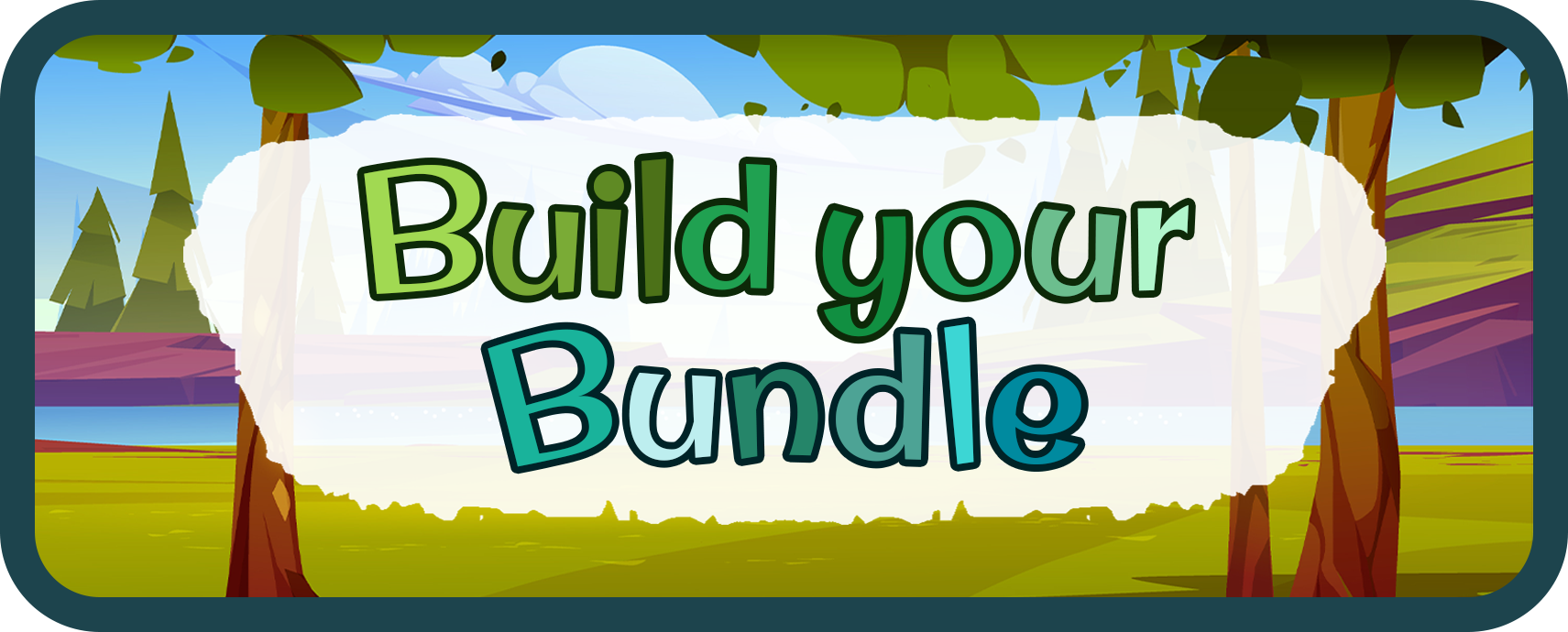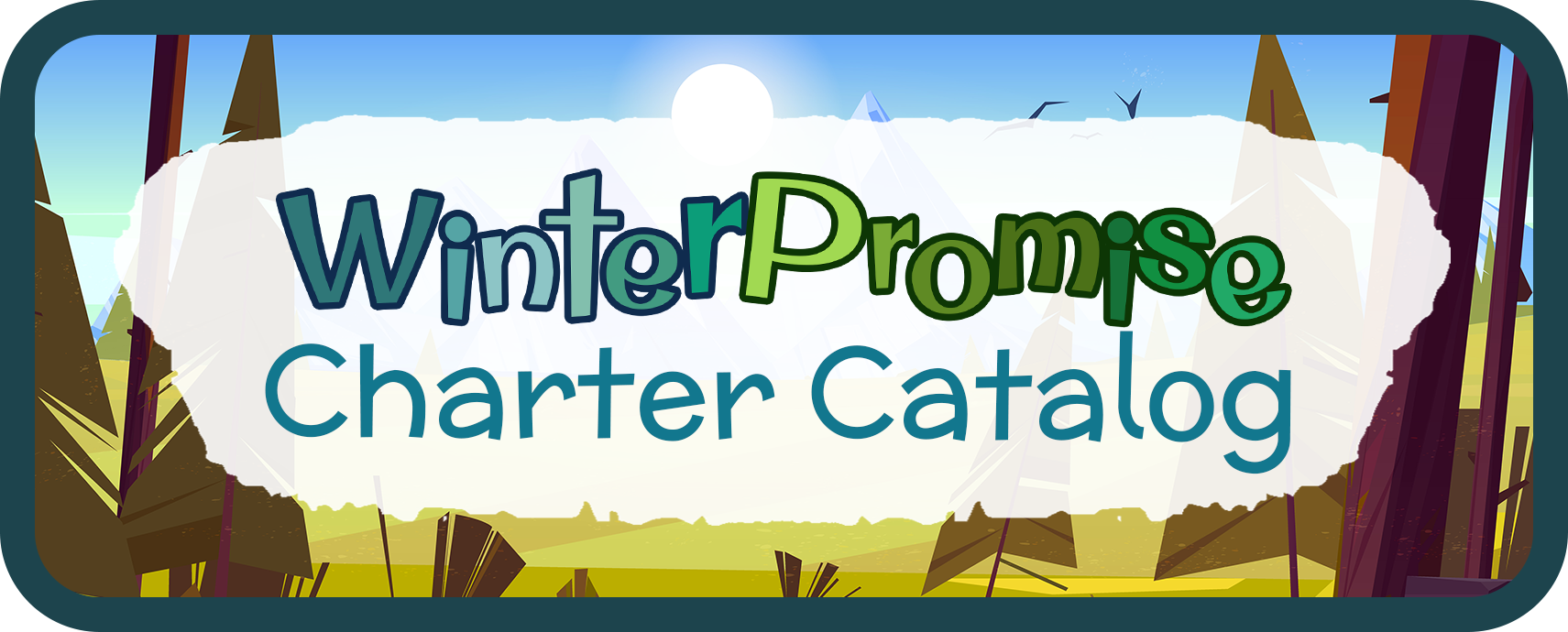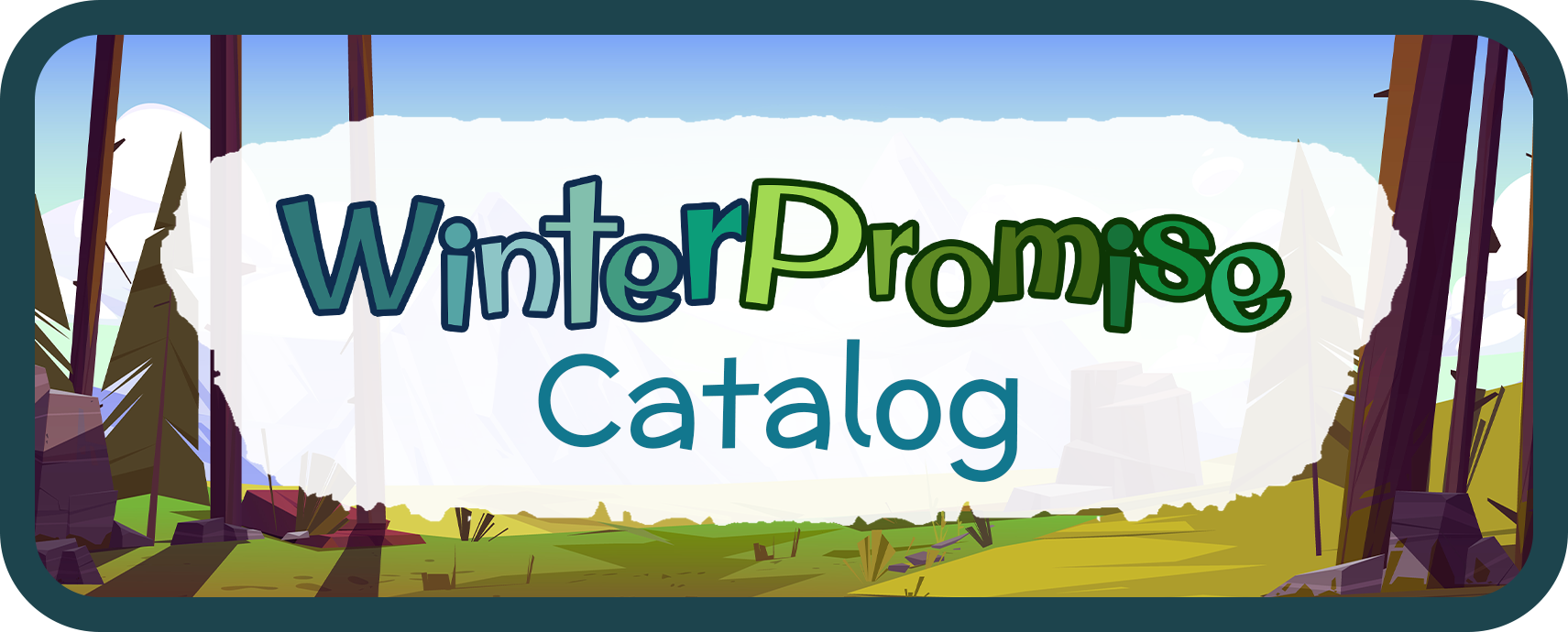By clicking through this page you’ll find some great information on the basics of homeschooling and where to go next! Feel free to give us a call or send us an email if you have any more questions regarding getting started with homeschooling, we would love to help you with any questions you may have!
Getting Started in Homeschooling:
(without reading an 800-page book!)
You’re looking into homeschooling. Maybe you have a friend who enjoys her homeschool experience, or maybe you’re feeling that you need to make this decision for your family.
Learning about homeschooling and curriculum choices is often a matter of way too much material to sort through. You may be feeling a little overwhelmed by the choices, or by terminology you’ve simply never heard before. What’s a parent to do?
Well, there are many books out there on the hows, whys and who-provides-it in homeschooling. Few of these resources are a short read. To get a good, overall view of homeschooling generally takes doing either a lot of research or a lot of reading.
Most families though, would prefer for someone to give them a pretty good overview of
homeschooling in a short (but sweet) format — a road map, as it were, to help them find their way to a specific approach they feel might work for them. Somewhere to start that they feel pretty confident is going to lead to a good choice for their family.
This information is brought to you by WinterPromise Publishing with the hopes that it will give you a quick, overall view of some of the major movements in homeschooling, along with their strengths and weaknesses. In this way, you will be able to quickly discern what you’re pretty sure won’t work for you, and spend more time looking into what you think will work!
Defining Your Motivation:
First let’s start with your reasons for choosing to homeschool. A lot of homeschoolers make the decision to school at home due to one or more of the reasons below. Try to evaluate what is most important to you in your choice. Defining this may help you as you look at curriculum options.
Some parents choose to homeschool because they:
• Desire to cultivate a family culture that is available when life is divided by school and other pursuits.
• Desire to have the maximum time with their children to pursue in-depth character training, influencing a child’s upbringing with positive input on character weaknesses to eliminate them, and replacing them with positive values and integrity.
• Feel they can better communicate their religious beliefs in a setting other than a public school.
• Desire to design a curriculum that will concentrate on an educational weakness/strength of a child.
• Desire to increase a child’s free time to pursue a serious interest or life choice.
• Feel their school district does not offer the quality they desire for their child’s education.
• Desire to remove child from a peer/educational situation that is decreasing the self-esteem of the student.
• Fear their child’s safety at school is questionable.
Considering Cost:
Another important thing you might be thinking about is how to seek the highest value for the least amount of cost. This is very understandable, as most homeschoolers have often had to choose for one parent to remain at home to do the schooling, and thus they are almost without exception one-wage-earner households. One of the major mistakes that newer homeschoolers make is to think solely of the “dollar” cost of a curriculum without thinking of the important matters outlined below that are just as related to “total” cost.
You’ll want to consider that:
The total cost for a curriculum also includes any additional resources you feel you’re going to need to add to keep your student interested. Adding some “bells and whistles” can add up fast.
- If you choose to go with a curriculum that is going to require trips to the library every week to make it work (verses an add-on to enhance), there is a very real cost in gas that needs to be calculated as part of your curriculum, and the abstract cost of your time which can be significant.
- Buying used curriculum can save you money in the short run, there’s just no doubt. But be aware that sometimes the materials get out of date, there are times that materials referenced are no longer available, you may have to work around someone else’s markings in books or schedules, and you may not be entitled to guarantees or support for the materials that you would get with a direct purchase.
- Many parents find that spending a little extra money up front for a curriculum that really works for them not only makes their students happy, and mom happy, but it also allows parents to have the time they need for babies and preschoolers who also need time and attention.
Below, write down how you need to balance cost against the overall needs of your family in other ways. How do you think you can best accomplish that?
Narrowing Your Options:
Once you’ve chosen to homeschool, you might start by talking with other homeschoolers you already know. This usually convinces you that you really need to get informed! From there, you could investigate (usually online) a particular curriculum recommended by a friend, or even purchase one of several reputable titles that inform homeschoolers of various choices as to approach and outcome. However, these titles are often several hundred pages long, and thus we’d like to save you some time and give you a pretty good overall look so you can narrow down your options.
We’d love it if the information below would help you to start along the path to making a fully informed decision. So, here we go!
The most important thing you need to know is this: homeschooling solutions generally fall into one of several “camps.” In the next box, you’ll find an outline of these camps, with their major philosophy and their strengths and weaknesses. Stick with me–this stuff really will help you sort through your options!






